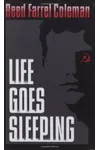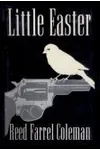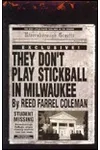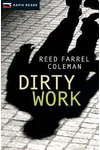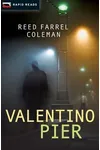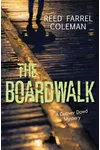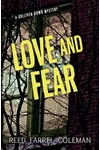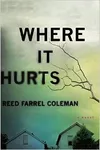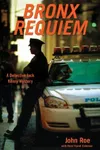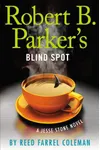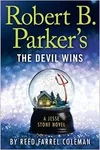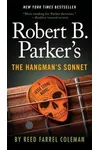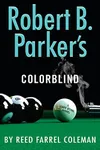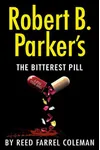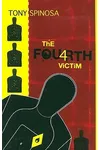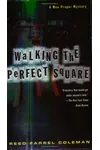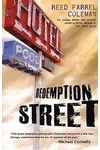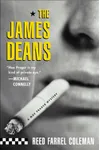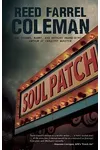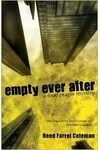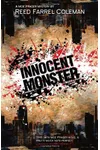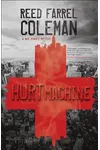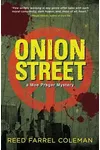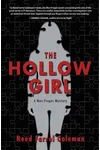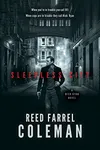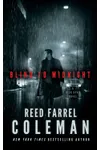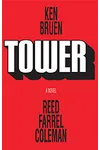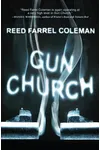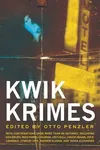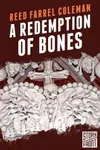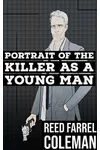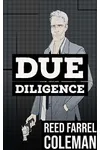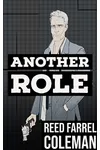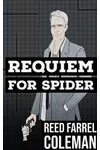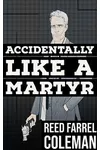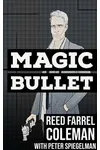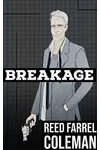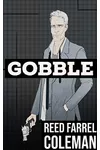Picture a Brooklyn-born storyteller who spins gritty mysteries with a poet’s heart—meet Reed Farrel Coleman! Known as the 'hard-boiled poet' by NPR, this New York Times-bestselling author has crafted noir tales that pulse with raw emotion and street-smart wit. From his acclaimed Moe Prager series to continuing Robert B. Parker’s Jesse Stone legacy, Coleman’s work is a masterclass in crime fiction.
Born in 1956, Coleman’s life is as colorful as his novels. His journey from cab driver to award-winning author is a testament to his grit and passion, making him a standout in the mystery genre. Let’s dive into the world of this noir poet laureate!
The Making of Reed Farrel Coleman
Growing up in Brooklyn’s Sheepshead Bay, Coney Island, and Brighton Beach, Coleman’s childhood was steeped in the city’s vibrant, rough-edged energy. A teenage encounter with a shooting victim cemented his view of life’s fragility, sparking a storytelling instinct that began in high school. Before embracing writing, he juggled eclectic jobs—ice cream scooper, cab driver, oil truck driver, and air freight worker at JFK. A detective fiction class at Brooklyn College flipped the switch, turning his poetic roots into a career crafting hard-boiled mysteries.
Coleman’s early love for poetry, influenced by William Blake and Wallace Stevens, shaped his lyrical prose. Meeting his wife, Rosanne, in a writing class at The New School added a personal chapter to his story. Now living on Long Island with their cats, Knish and Cleo, Coleman’s diverse experiences fuel his authentic, character-driven narratives.
Reed Farrel Coleman’s Unforgettable Stories
Coleman’s bibliography is a treasure trove of noir. His Moe Prager series, starting with Walking the Perfect Square (2001), follows a retired NYPD cop turned PI navigating 1970s and 1980s New York. The series’ third book, The James Deans (2005), won Shamus, Barry, and Anthony Awards for its gripping tale inspired by the Chandra Levy case. Soul Patch (2007) blends 1990s Brooklyn with a George Pelecanos-esque vibe, earning an Edgar nomination.
Beyond Moe, Coleman’s versatility shines. His Gus Murphy series, beginning with Where It Hurts (2016), explores a grieving ex-cop’s redemption on Long Island’s darker streets. Taking over Robert B. Parker’s Jesse Stone series with Blind Spot (2014), Coleman honors the iconic police chief while infusing his own voice. His latest, the Nick Ryan series (Sleepless City, 2023), dives into post-9/11 New York with a secretive cop. Coleman’s style—poetic, gritty, and deeply human—elevates crime fiction into art.
His stand-alone Gun Church (2011) and collaboration with Ken Bruen, Tower (2009), showcase his range. Whether crafting short stories, essays, or poetry, Coleman’s work resonates with flawed, relatable characters and a noir lens on human conflict.
Why Reed Farrel Coleman Matters
Coleman’s impact on mystery fiction is undeniable. With four Shamus Awards, an Audie, Macavity, Barry, and Anthony, plus four Edgar nominations, he’s a titan in the genre. As a former executive vice president of Mystery Writers of America and adjunct professor at Hofstra, he’s shaped the next generation of writers. His Brooklyn-rooted narratives capture the city’s soul, while his continuation of Jesse Stone keeps Parker’s legacy alive.
More than awards, Coleman’s ability to blend poetry with hard-boiled grit makes his stories timeless. His characters—flawed, resilient, and real—mirror the human condition, inviting readers to confront life’s shadows with courage. He’s not just a writer; he’s a noir poet who immortalizes the streets he knows so well.
- Birth Date: March 29, 1956
- Key Works: Moe Prager series, Gus Murphy series, Jesse Stone series, Sleepless City
- Awards: 4x Shamus, Barry, Anthony, Macavity, Audie; 4x Edgar nominee
- Fun Fact: Coleman once drove an oil truck and worked at JFK post-Lufthansa heist!
Ready to get lost in a gritty, poetic mystery? Snag Walking the Perfect Square or Sleepless City and dive into Reed Farrel Coleman’s noir masterpiece!
